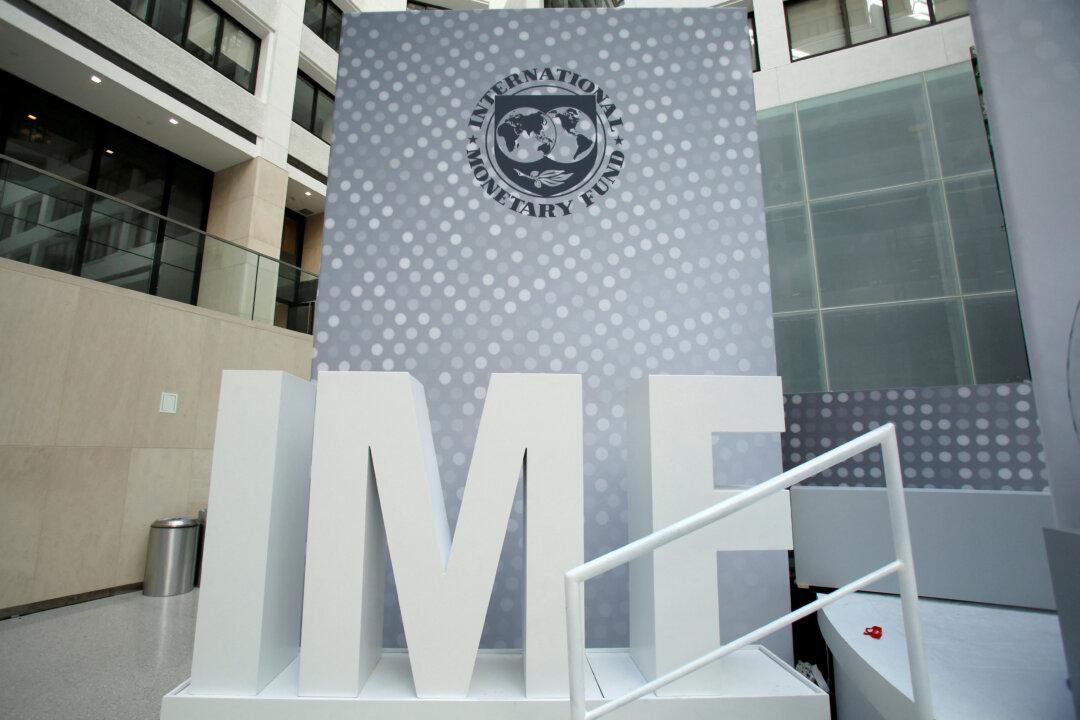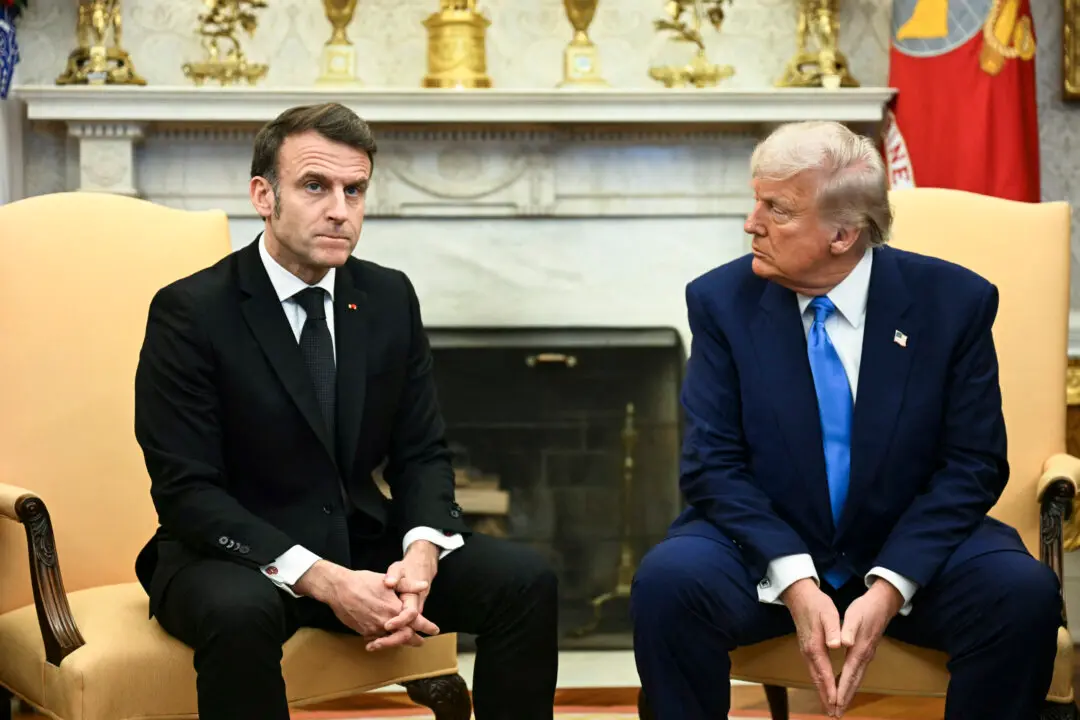The UK economy is expected to grow more rapidly in 2024 than initially forecast, as declines in inflation and interest rates boost spending, according to new projections from the International Monetary Fund (IMF).
According to the IMF’s latest World Economic Outlook report, published on Tuesday, the battle against surging inflation has “largely been won,” with the global economy expected to remain broadly steady.
The IMF reduced its estimate for global economic growth for next year from 3.3 to 3.2 percent.
Further, in line with its prediction in July, the IMF said the UK economy will grow by 1.5 percent in 2025.
Chancellor Rachel Reeves said: “It’s welcome that the IMF have upgraded our growth forecast for this year, but I know there is more work to do.
Inflation and Jobs
In the past two years, Britain has been grappling with historically high inflation and high interest rates. The Bank of England has been cautious about slashing interest rates, currently at 5 percent, vowing to keep monetary policy restrictive for as long as it takes for inflation to “sustainably” remain at the 2 percent target.In a welcome development, UK inflation stabilised in the recent months, dropping significantly from the peak of 11.1 percent in October 2022. September saw UK’s inflation rate decrease to 1.7 percent, its lowest level in over three years and below the Bank of England’s target of 2 percent.
However, this is set to change, according to IMF estimates.
The fund had previously estimated an inflation rate of 2.5 percent in 2024, but in its Tuesday report it set it to 2.6 percent. Likewise, the IMF has increased the inflation projection in 2025 from 2 to 2.1 percent.
Economic Uncertainty
Commenting on the global economic outlook, the report said that uncertainty remains “high,” partly owing to a raft of recent or upcoming elections.The IMF warned that newly elected governments, which include Labour in the UK, “could introduce significant shifts in trade and fiscal policy.” This in turn can alter growth in some regions.
The report also noted recent volatility in the financial markets during the summer, including in Japan. The volatility “has heightened anxiety over the appropriate monetary policy stance – especially in countries where inflation is persistent and signs of slowdown are emerging,” the report said.
The IMF has urged policymakers to carry out reforms aimed at boosting productivity, employment, and growth. It warned that while governments are under pressure to improve the standards of living, they tend struggle with social and political support to enact reforms.
The latest economic outlook report comes ahead of the October Budget, where the Treasury is widely expected to announce tax hikes and cuts to public spending. Described by the government as a “painful” budget, Reeves’s economic strategy may not be well-received by the British public and businesses.
If the chancellor decides to withhold tax cuts, she will align her position with the IMF’s recommendations at the beginning of this year.






